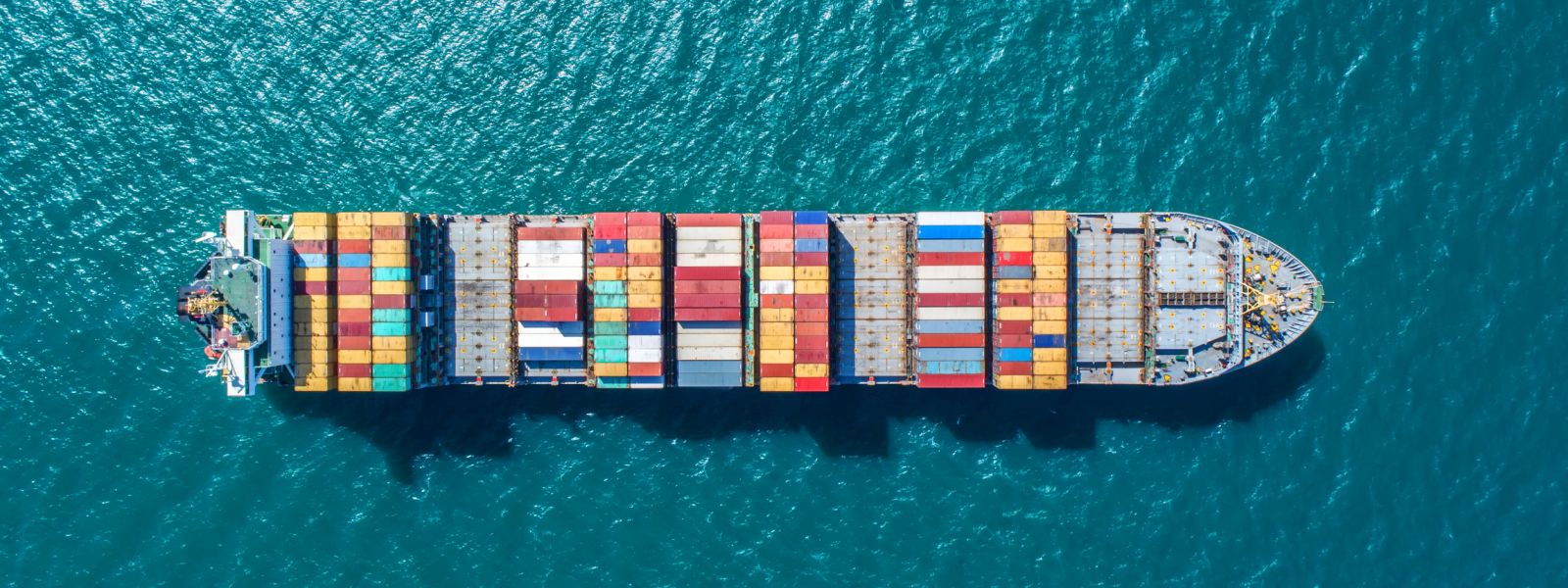
Researchers have found that water temperature in ship model towing tanks can affect the accuracy of real-world performance predictions.
Ship hull designs are evaluated by pulling scale models through water in long, narrow towing tanks to estimate how much resistance a vessel will face when moving through the sea, which in turn affects fuel use and carbon emissions.
However, a new study led by the University of Strathclyde shows that the standard method used to scale up results from the model-sized ships to full-size vessels does not fully account for changes in water temperature – potentially leading to inaccurate results.
Using advanced computer simulations, the Strathclyde team tested two ship designs at a range of water temperatures representative of different towing tank conditions. They discovered that predictions of resistance could vary by nearly 3% depending on the temperature, even when following industry-standard procedures.
Environmental impact
Sangseok Han, MSc student in the Department of Naval Architecture, Ocean and Marine Engineering (NAOME) who is first author of the research paper, said: “This might sound like a small difference, but for shipbuilders and regulators, it can lead to meaningful errors in calculating fuel efficiency and environmental impact.”
The findings, published in the Journal of Marine Science and Engineering as the cover article, raise questions about the reliability of the long-standing International Towing Tank Conference (ITTC) 1978 method, which assumes certain factors are not affected by temperature.
The study showed otherwise – demonstrating that temperature changes influence not just water viscosity but also the form factor, which reflects how the ship’s shape affects resistance. The effect is not explicitly accounted for in the current standard method.
The researchers, which included Strathclyde’s Dr Momchil Terziev and Dr Saishuai Dai, tested other prediction methods and found that some newer or more detailed approaches gave more stable results across temperatures. The finding suggests that updating current standards could improve the accuracy and fairness of ship assessments – particularly important as the maritime industry works to cut emissions and meet global climate goals.
Technical accuracy
Han added: “While our study focused on improving technical accuracy, it is worth noting that even small improvements in ship performance predictions – in the order of one to three percent – can have a substantial cumulative effect when applied across the global fleet.
That translates into better-informed design, lower fuel use, and reduced carbon emissions over a vessel’s lifetime.
The research, funded by a research grant from South Korea’s Inha University, adds to ongoing international discussions about modernising ship testing practices and highlights the growing role of computer simulations in complementing traditional model testing.